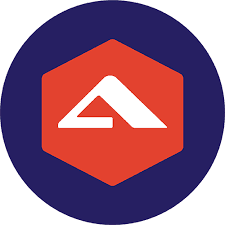Top Kubernetes Companies in Соединенные Штаты Америки
1 Companies
Altoros, with headquarters in the United States, operates major development centers in Argentina and Poland. This enables the company to offer competitive rates, align with different time zones, and provide high communication and technological skills, making it a top choice for customers. Take your software products to a completely new level and maximize ROI with Altoros. We are a consultancy of 400+ experts who help businesses achieve digital transformation at scale with a focus on cloud-native apps, customer analytics and blockchain. Main areas of expertise -Custom Software and Product Development -API Development and Integrations -Data Management and Analytics -Legacy Modernization -Maintenance and Support -Technology Consulting Why Altoros -Result-driven teams: able to deliver projecRead More
$50-99/hr
250 to 499
2001
Соединенные Штаты Америки
